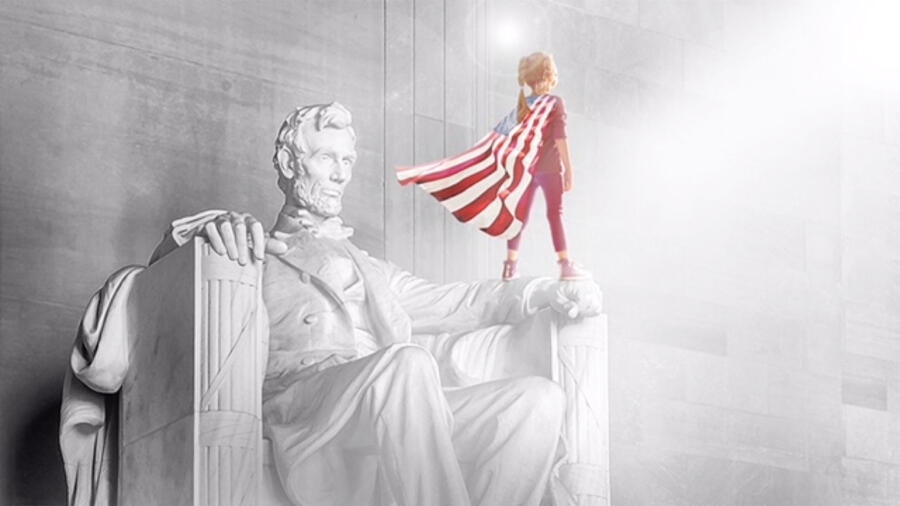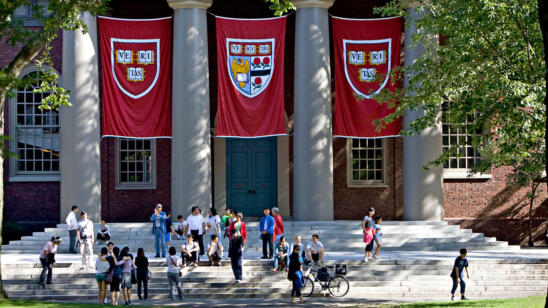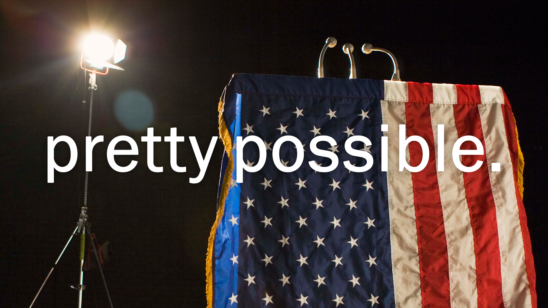The rift following the recent presidential election — one of the most bizarre and divisive in American history — continues. It’s obvious at work, at Starbucks, in the school carpool lane. Our extended family had “lively” discussions over the holidays. Perhaps yours did, too. And the rift became even more pronounced as the Inauguration approached.
Most people en route to D.C. this week seem to be going to either the inauguration OR the Women’s March in Washington. Supporters, whatever their political persuasion, are defiant and proud: flying in from Colorado and California to March, coming from Texas and Florida to celebrate the swearing in of the 45th president of the United States, Donald J. Trump. There are many people publicly and unapologetically skipping the Inauguration, including members of Congress. Similarly, many Trump supporters are poo-pooing the Women’s March, though it’s expected to be the largest mass demonstration that any president has seen on their first day in office. Inside and outside the Beltway, this weekend’s events are the subject of heated debate, and they illustrate just how split this nation is. Even the beloved Girl Scouts of America are catching heat for upholding their 100-year tradition of marching in the inaugural parade. (My advice: bring cookies.)
I am not a Trump voter and am frankly alarmed at many of his cabinet picks, his plans to immediately repeal the Affordable Care Act and defund Planned Parenthood. And yet despite all that, my husband and I will be taking our three daughters downtown to watch the inauguration. That may seem like a huge contradiction, but to me, it is a living civics lesson we wouldn’t miss for the world.
First of all, there is the history. We live in Washington, D.C., and want our children to watch the inauguration of an American president and the parade that follows firsthand and not on TV. The first inauguration, George Washington’s, took place on April 30, 1789. That’s 227 years of tradition. The first official parade wasn’t until James Madison was sworn in 1809, but even before that, there were informal presidential processions. And who can forget the speeches? John F. Kennedy’s inaugural speech contains his most quotable and memorable phrase: “And so, my fellow Americans: Ask not what your country can do for you — ask what you can do for your country.” While I’m not confident President Trump will deliver a speech for the ages, it is nonetheless important to bear witness.
I’m anticipating that this will be a tough weekend. My nine-year-old daughter and I canvassed for Hillary Clinton in Philadelphia and went to her final rally the night before the election. Like many, we were stunned and heartbroken that she didn’t become the first female president of the United States. But this is what democracy looks like. This is our America, for better or for worse. And I will tell my girls that for democracy to work, everyone must agree to accept the results of freely held elections. President Barack Obama has graciously and respectfully reminded us of that every day since November 8.
Which brings me to why we are also going to the Women’s March. I want to teach our children that when you don’t like the results of freely held elections, you must take action. You must never give up or lose hope. Or move to Canada, as tempting as Prime Minister Justin Trudeau is. Over 200,000 women (and men) will march in Washington on Saturday, January 21 to send the new administration a bold message: women’s rights are human rights. There will be similar marches in Boston, Chicago, San Francisco, LA, and New York. People are fired up and standing up for their beliefs, which is a wonderful thing. The fissure in America right now is, ironically, one of the reasons we are already great. That and the fact that if you don’t like the status quo, you can change it by voting, donating for your key causes and, yes, running for office.
I want my family to honor the distinctly American tradition and ceremony of a presidential inauguration. Then I want them to honor that other grand American tradition, in which we gather to exercise our First Amendment rights. It’s democracy in action, history in the making and I plan to be there in the front row and on the front lines, with a flag in my hand and my fist in the air.


